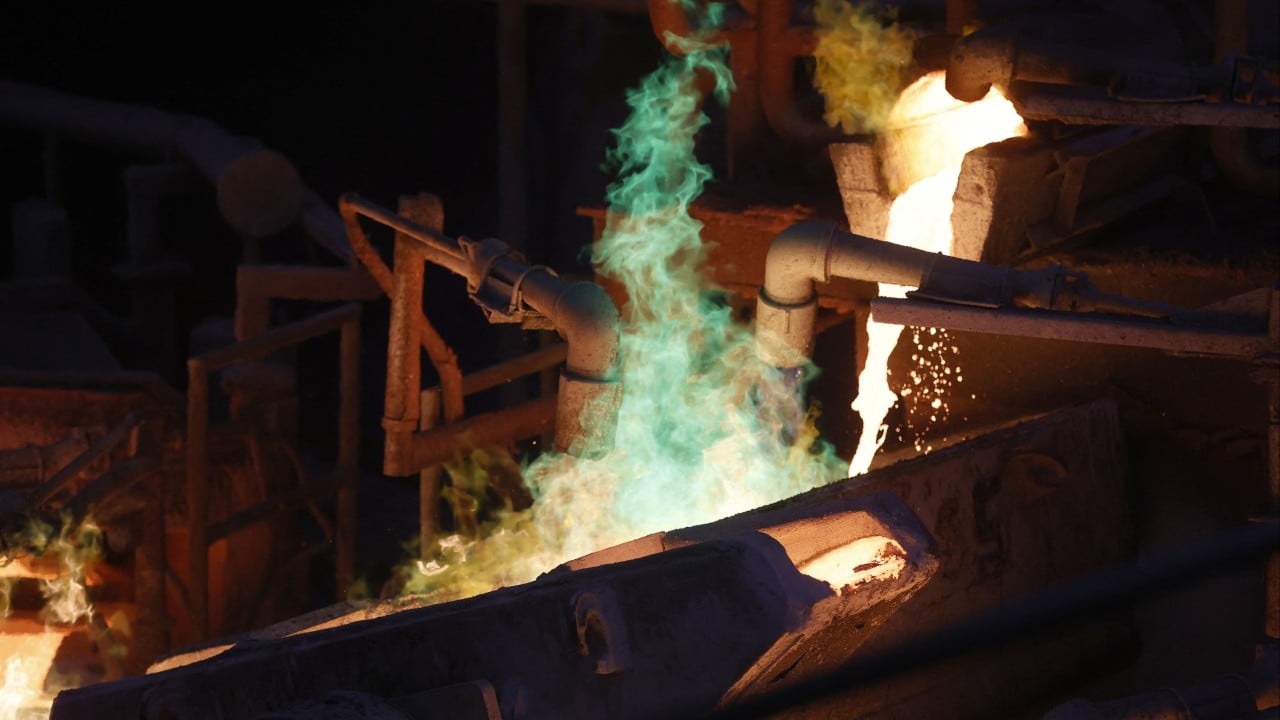Pakistan is poised to join the ranks of the world’s top producers of critical metals by the end of the decade, thanks to an April 8 deal between the government and Canadian mining giant Barrick Gold. Together, they aim to unlock the vast potential of Reko Diq, home to the world’s largest known untapped deposits of copper and gold with near-term production potential.
Advertisement
Chinese firms are already on the ground, Saudi Arabia is on the verge of investing, and the United States is clamouring for access to Pakistan’s mineral wealth. Analysts say this convergence of global interest gives Pakistan a rare chance to break free of its decades-long cycle of fleeting economic booms followed by prolonged stagnation.
“If Pakistan plays its cards right, it can leverage US-China competition to its advantage,” said Michael Kugelman, a Washington-based South Asia analyst. He argued that the country could secure investment deals from both powers, maximising returns from the expected influx of capital.
But the opportunity comes with risks. Pakistan faces mounting pressure to favour either China or the US in lucrative mining deals, Kugelman warned. This, in turn, could deepen Islamabad’s entanglement in global rivalries, “depriving it of the agency it would want to navigate geopolitical competition to its advantage”.

Prime Minister Shehbaz Sharif painted a more optimistic picture, however. Following the Barrick agreement, he said Pakistan could finally “say goodbye” to decades of reliance on the International Monetary Fund and other financial institutions – provided the country could fully capitalise on its mineral resources.
Advertisement

